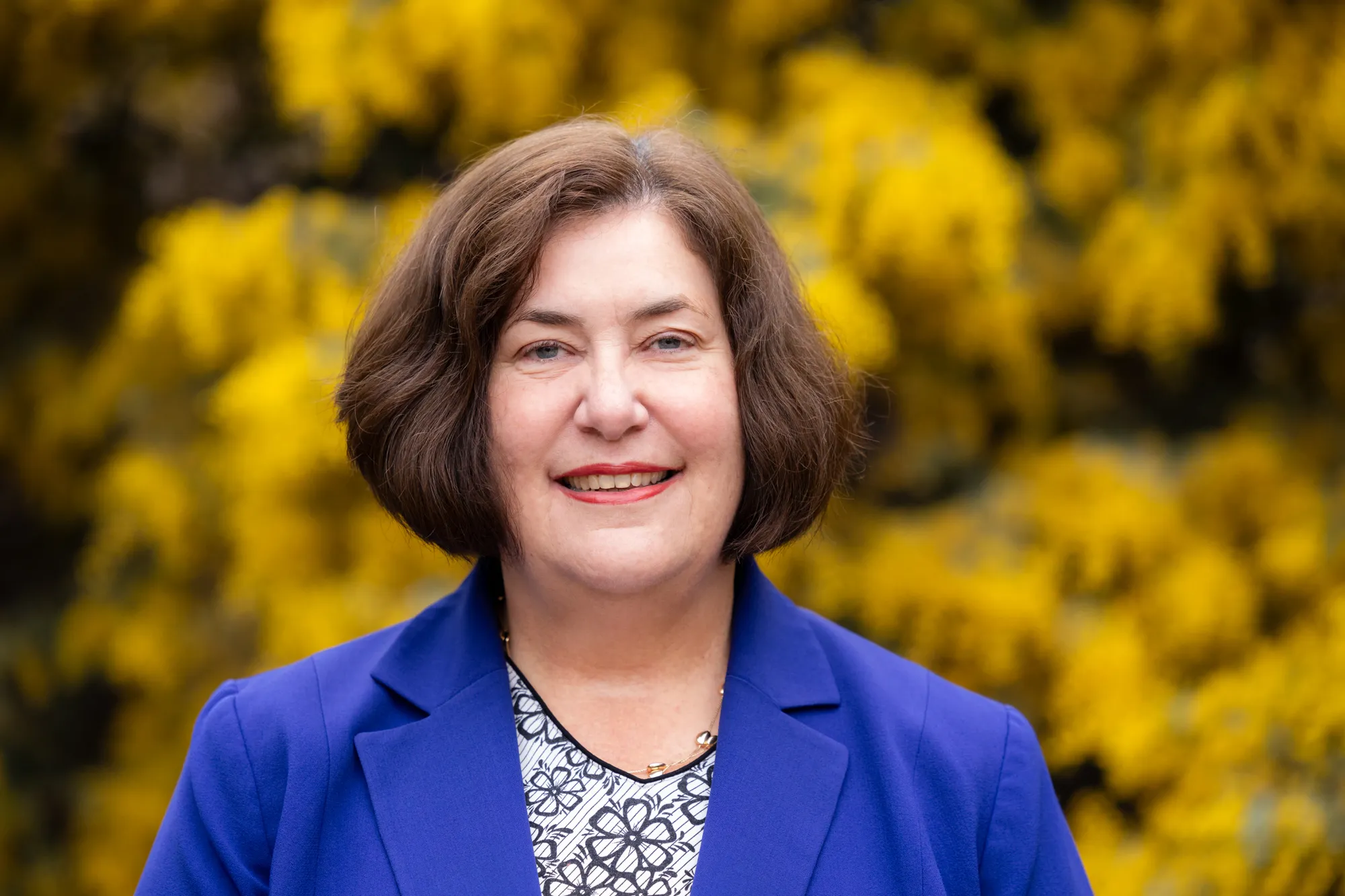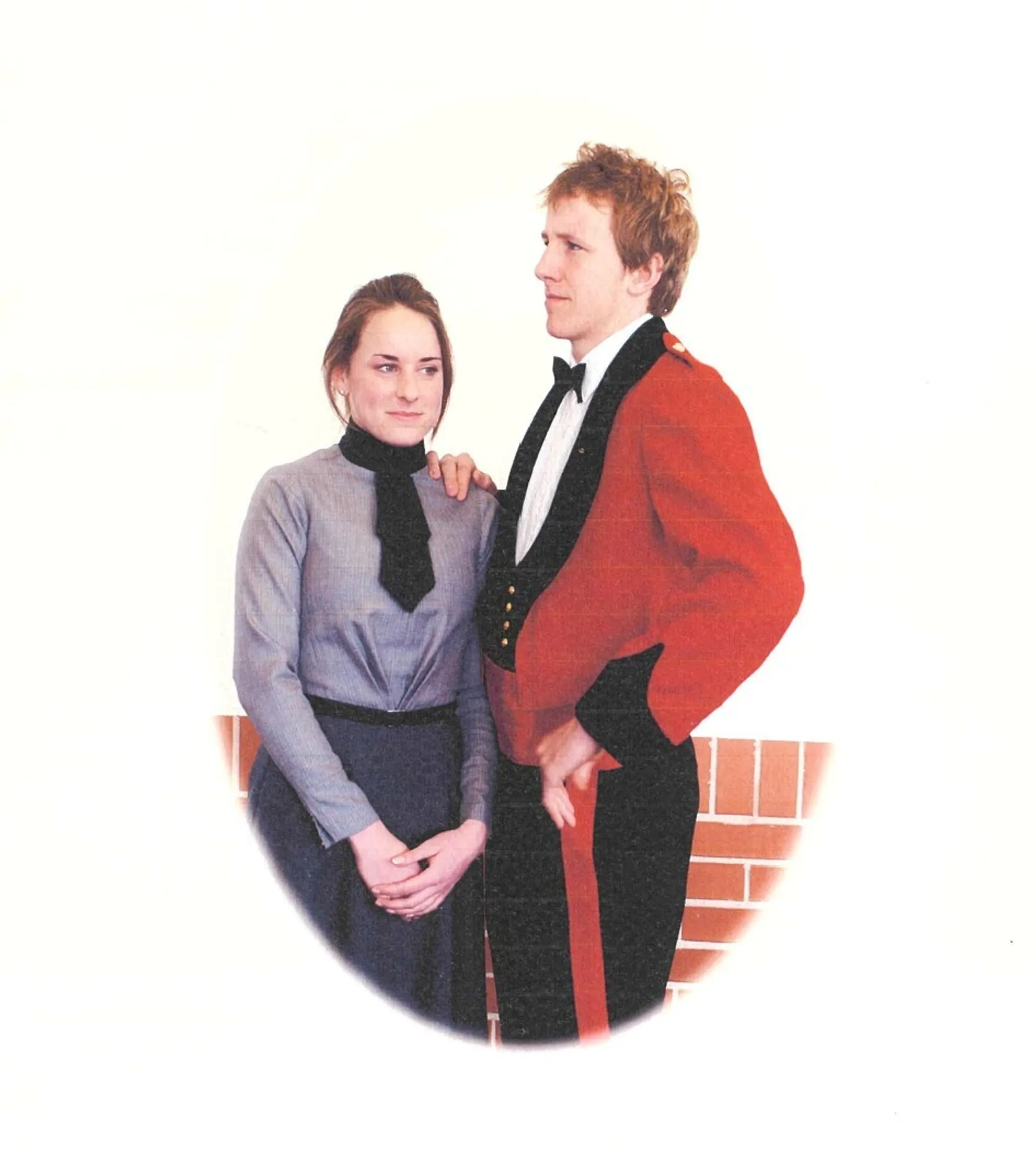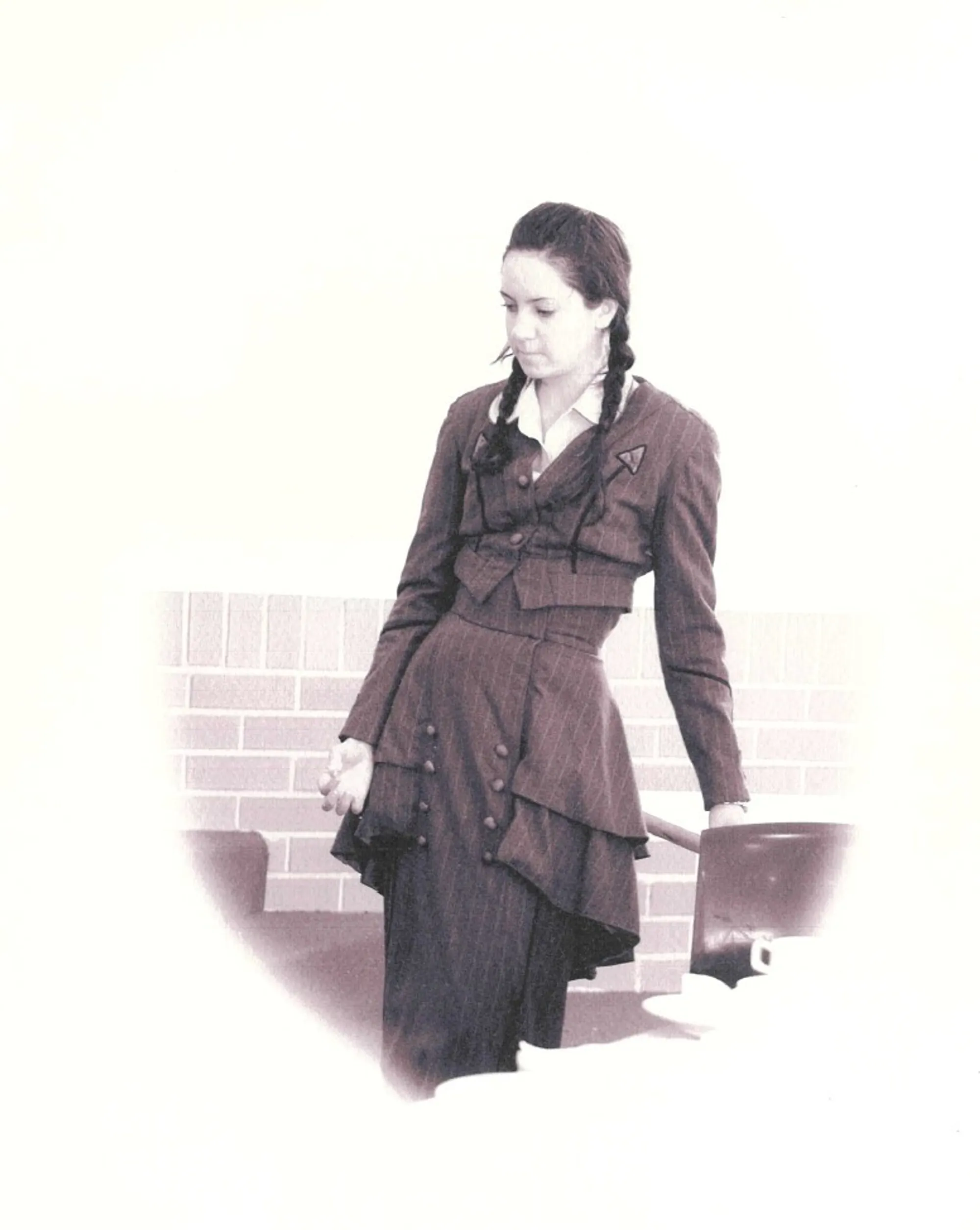Looking back and looking forward
By Mrs Louise Wallace-Richards, Acting Deputy Principal, Head of Secondary School

As the end of the 2025 academic year rapidly approaches, I have been thinking about the past 2 decades and how things have changed or remained the same at Radford since I started as Head of English in 2005.
When I first came to Radford, I inherited the most wonderful team of English teachers. Our staff room was miniscule. The former Head of English, the poet Moya Pacey, was still on staff and was very helpful in assisting me in establishing myself in the role. Staff from those early years included Mr Jason Golding, who has been here longer than me, and Mrs Sue Hassall, who joined the department in 2008.
During my first decade at Radford, we developed rubrics for assessing English tasks that were later adopted by many other Colleges in the ACT. The units had names like Through the Poets’ Eyes, Book to Screen, Writer’s Workshop and Crime Fiction. When we talked about these units with parents, many of them wanted to join our classes themselves!

My favourite units were Crime Fiction and Nineteenth Century Literature. For Crime Fiction, I taught about cozy whodunnits, hard boiled detectives, and sociopaths such as Thomas Ripley. In Nineteenth Century Literature, the students had the complete experience, learning – as you would expect – about the lives of those in the 19th century through the works of Dickens, Wilde and various poets, and also through food and costume of the period. Nothing teaches students better about what a trial it was to live during those times as a member of the gentry class than trying on costumes from the period, including hoop skirts and cummerbunds. They also enjoyed cucumber sandwiches – a feature in many of Wilde’s plays.

Using technology to enhance student learning has always been a feature of English teaching at Radford. In 2005, we had 2 computers in each English room, as well as the opportunity to book the new Apple Lab. Back then, the devices were largely used for word processing to improve the drafting process for our students. OneNote and other apps we use today were stuff of the future, eagerly embraced once they were introduced by our Director of Digital Learning and Innovation, Ms Lisa Plenty, a decade later. If we wanted to show a film in class, we had to either swap rooms with another teacher or use the Leyshon Lecture Theatre. The luxury we have today of showing films in our classrooms through Vivi was unimaginable. And to think, when I first started teaching, we had to wheel a trolley with the television and VHS machine perched precariously on it into the classroom to view a film.
For the past 20 years at Radford, English teachers have been teaching film as a text, not as an alternative to reading a novel or as a lesson filler. When teaching a film, we teach about the language of film and how the intent of the filmmaker has been conveyed through camera angles, shots and movement, including dolly shots, panning and the like. Dialogue, costuming, lighting, diegetic and non-diegetic sound are all part of teaching film at Radford. For us as English teachers, it is very much an analytical exercise of the mind and an awakening in our students as to how we can be persuaded to see or feel things in a certain way.
Taking on a Year 10 English class in my last year at Radford, has provided the opportunity to teach so-called 'shorts' – short films, Ted Talks, short documentaries and the like – with the students comparing them to short stories and short non-fiction texts. We are always learning as teachers and keen to take on the teaching of new texts and text types.
So much has changed and yet so much stays the same. English teaching at Radford College always has and always will seek to improve the communication skills of our students, their ability to analyse language and gain a deeper understanding about what it means to be human.